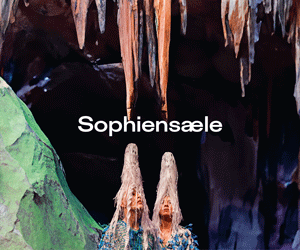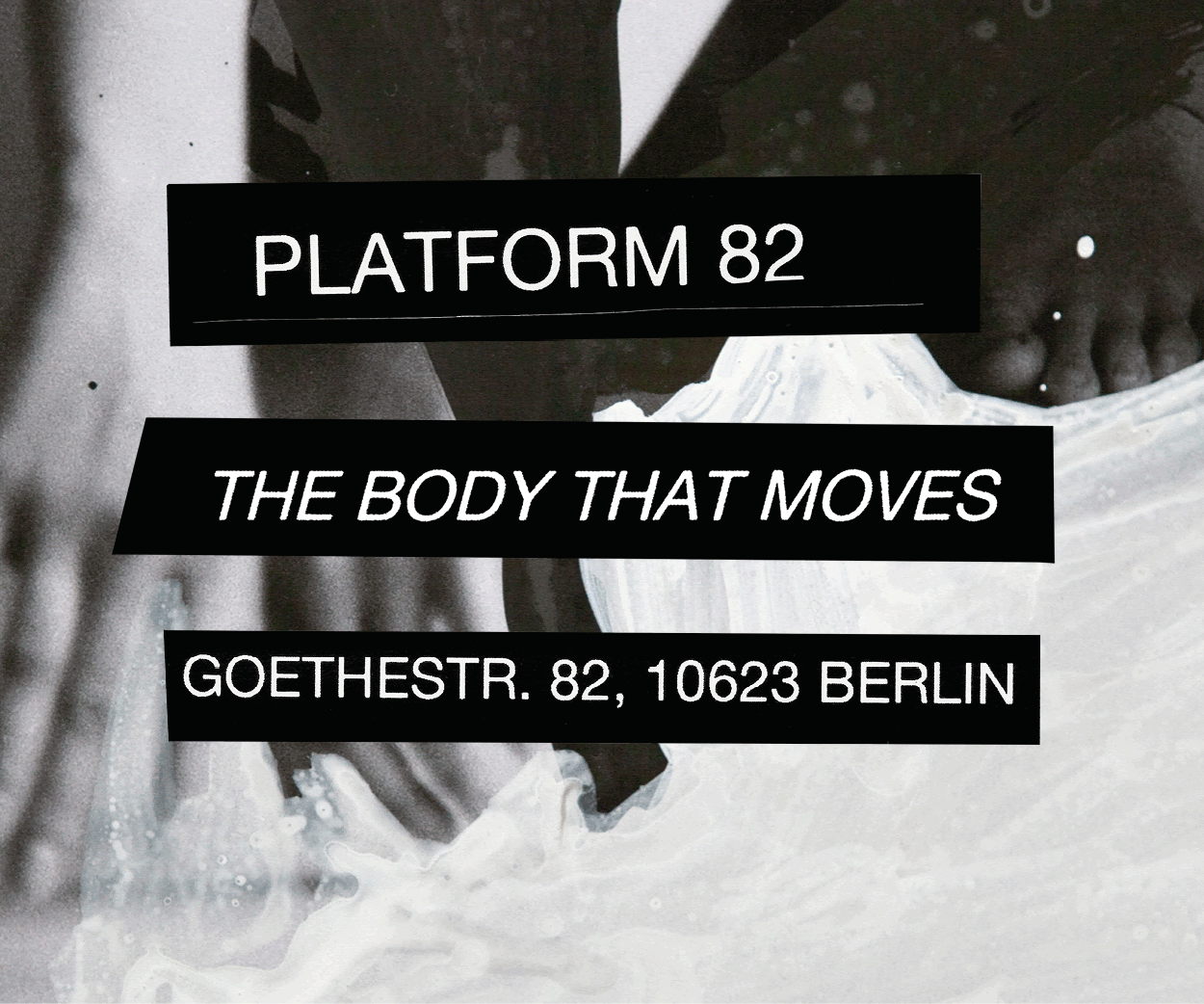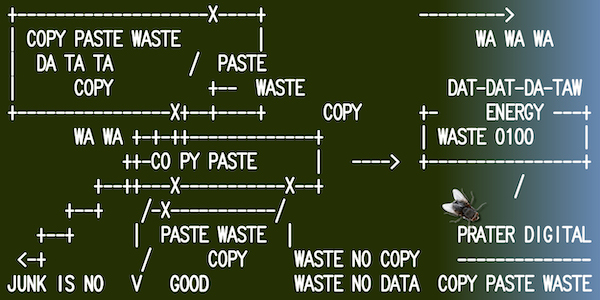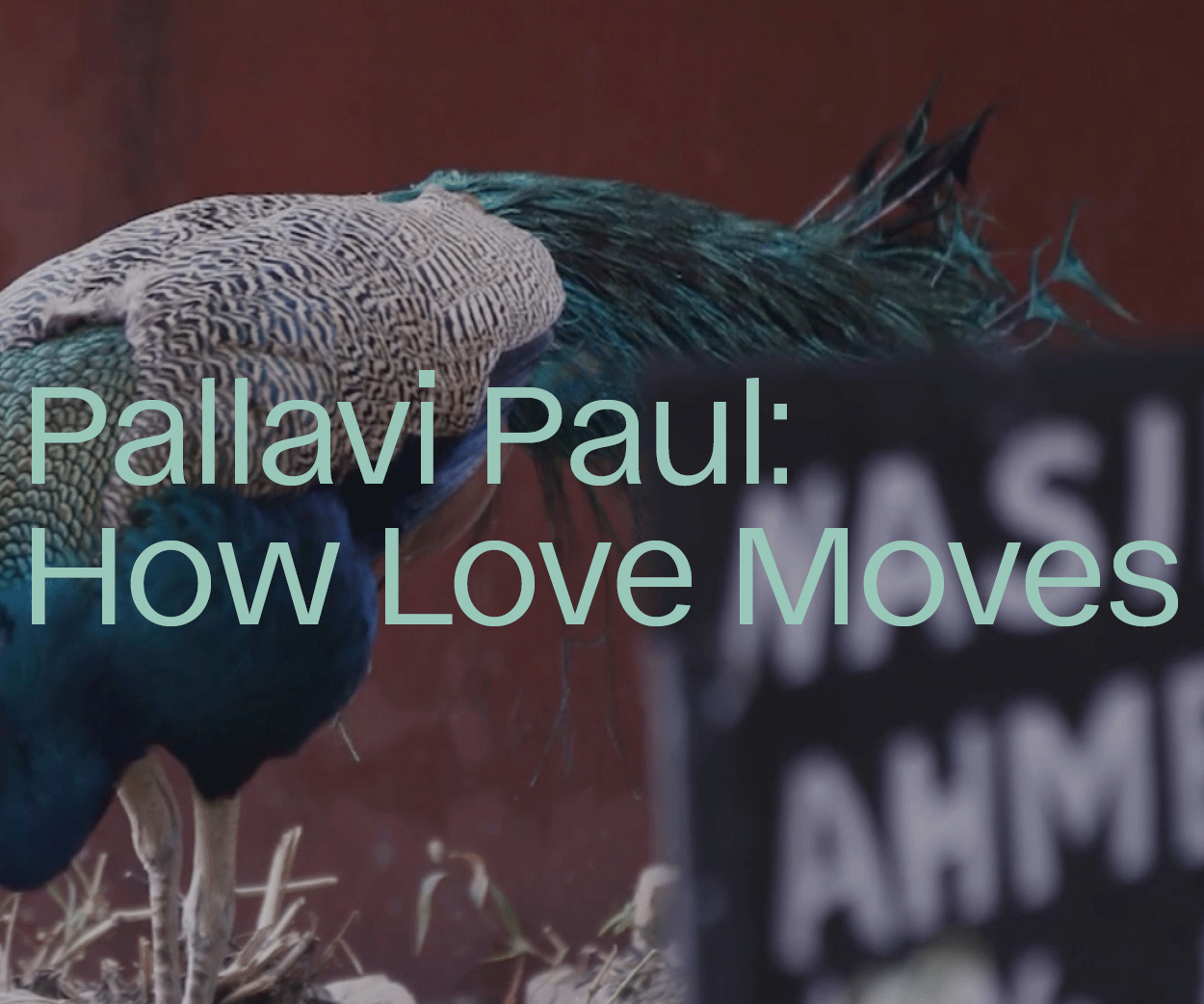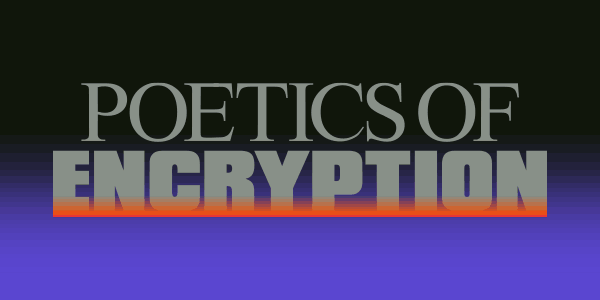Article by Isabelle Hore-Thorburn // Oct. 12, 2018
You might recognise Khalik Allah’s Long Island accent from his first film, Field Niggas (2015). We hear Allah fewer times in his “abstract documentary” Black Mother (2018), though his voice is more keenly felt as it jars with the Jamaican Patois of his subjects. With each “trimester” of the film, Allah delves deeper into the paradoxes and idiosyncrasies of Jamaican culture; past Reggae and Marijuana to the fraught entanglement of the island nation’s history of enslavement and its Christian industrial complex. Over the course of a black mother’s period of gestation, we glean profound and deeply intimate insights into the neocolonialism, gender relations, colorism, disintegration of the urban family and spirituality specific to Jamaica. This exploration takes the form of a meditation or prayer, rather than a visual essay. Allah addressed the audience before the screening of the film at Dokuarts 11, encouraging them to sink in and out of the film, closing their eyes if necessary; it is “a work from the heart rather than the head” and should be consumed as such.
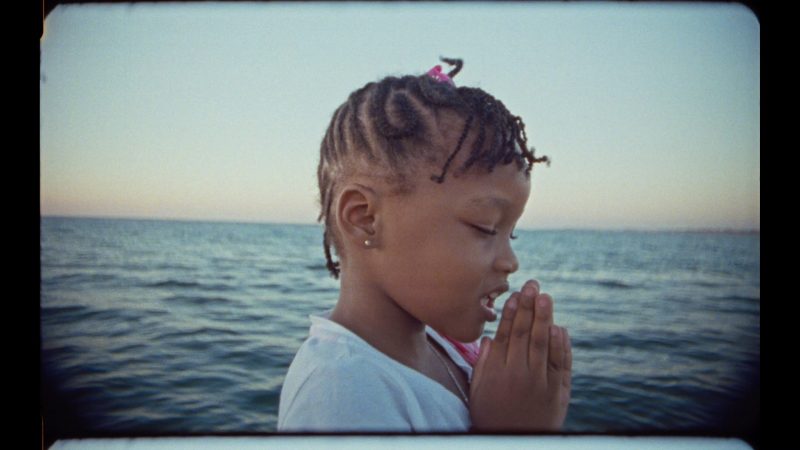
Khalik Allah: ‘Black Mother’ 2018 // Courtesy Khalik Allah
The New York-based photographer/filmmaker has enjoyed commercial success, working on projects like Beyonce’s visual album Lemonade (2016). Black Mother has elements of the music video; the aural landscape is out of synch with the visual, giving the work a “freestyle” quality. In this way, the viewer is free—or perhaps left—to draw their own connections between the visual image and the praying, reminiscing, singing and prosthelytizing that accompanies it. Allah describes the relationship of audio to visuals as a gallery and artwork. The audio constituting the architecture of the gallery and the visuals as the artworks that hang on the walls.
In developing the work, Allah would listen to hours and hours of interview audio—collected over years in Jamaica—as he drove around New York. The audio would later be worked on by 4th Disciple, one of the best known producers of the Wu-Tang Clan. Allah’s cinematic style is deeply inflected by his haunting photographic aesthetic. Throughout the film he seems to relate to his subjects—and they to him—as if he were photographing rather than filming them. They pose as he zooms in close on their faces. He shifts deftly between a range of materials, weaving HD video with Super-8mm footage from a Canon ES190 Hi8 camcorder, given to him as a child by his mother.
Allah grew up in New York with a Jamaican mother and Iranian father, returning to Jamaica throughout his childhood. He locates his relationship to Jamaica in an early scene where he addresses his maternal grandfather. Somewhat unexpectedly, the grandfather becomes the locus of Black Mother. Through his soliloquys we learn much about Jamaica, religion and spirituality. Religion is the organizing feature of every facet of the patriarch’s life, framing his understanding of culture, family and homeland. While he invokes the language of the colonizer’s Christianity, he seems often to be describing something more indigenous of, and specific to, Jamaica.
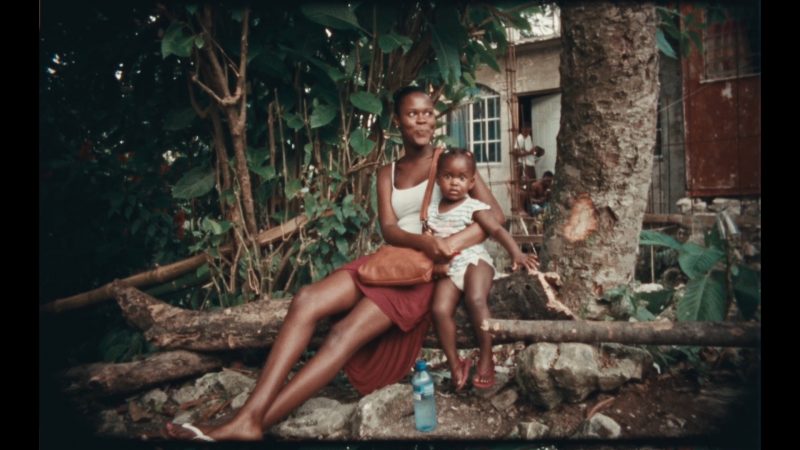
Khalik Allah: ‘Black Mother’ 2018 // Courtesy Khalik Allah
Allah does not present a monolithic Jamaican experience. Rastafarians contradict each other on issues of gender and identity, as do Revivalists. In a kind of Shakespearean fashion, a beggar makes one of the most prescient observations of the film; that Jamaicans were and are a deeply spiritual people and during slavery, when Christianity was the only available and practicable form of spirituality, it represented the only way that people could express themselves. In the Q&A that followed the film, Allah described the relationship of spirituality and religion like water; “You have Evian and Fiji” but they still contain water, “if you can find a pure spring that’s great,” it’s in the packaging that problems arise.
The immersive, free-styling flow of Black Mother makes for a trance-like interaction with the text, that is only disrupted when we look for Allah. His attentiveness to the subject of religion and spirituality, as he explained, give his “co-sign” to many of the sentiments and ideas articulated by his subjects. In scenes relating to Jamaica’s service economy and the strained relationship between Jamaicans and Chinese immigrants, it is unclear if Allah shares the attitudes of the other disgruntled countrymen. He explains that the scene in question was included, after much deliberation, “to show the real Jamaica” without shying away from some of its ugliness. He describes his practice as “bringing light without a flash. Entering dark spaces of the mind and looking at them. That’s the only way a problem can be resolved: by looking at it. Not looking is how problems are preserved.”
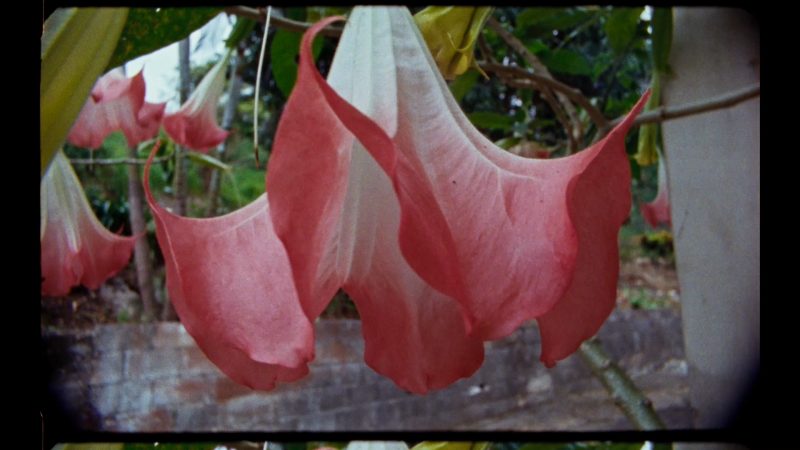
Khalik Allah: ‘Black Mother’ 2018 // Courtesy Khalik Allah
When shooting young sex workers, Allah’s camera follows the line of a john’s roaming eye. We hear attitudes about the superiority of the well-nourished, loyal woman of the countryside and the relative depravity of women from the city. Allah unswervingly reveals parts of Jamaica rarely seen in film, with such clarity that it can feel as if he is re-inscribing problematic representations of Chinese immigrants and sex workers. The moral vagueness of these scenes offers viewers with limited exposure to Jamaican culture and history an unprecedented channel or portal into “the real Jamaica.” Once through, however, this ambiguity undermines one’s capacity to fully give over to the film as a kind of meditation.
That is until the third trimester, comprising a funeral, a birth scene, and a seven-minute prayer. Allah sets gorgeous footage shot at the confluence of a river to the screams of an unaccompanied mother as she appeals to God during labour. We hear the doctor implore her to push: she is “not pushing,” and “that’s where babies die,” as the water flows and churns with interminable force. The look for resignation on the mother’s face as her baby and umbilical cord lie at her feet, reflect that of many of the women and men we see throughout Black Mother. Yet she and the audience lay in the wake of an event both violent and impossibly beautiful. Here, and throughout the film, Allah illustrates how the invocation of “God” or “Ja” is indicative of an immeasurable history of enslavement, degradation, splendour and a realm of spirituality unique to Jamaica.
Screening Info
ZEUGHAUSKINO
Dokuarts 11: Black Mother
Screening: Oct. 13, 2018; 4pm
Admission: € 5
Unter den Linden 2, 10117 Berlin click here for map


